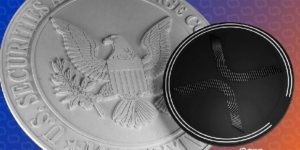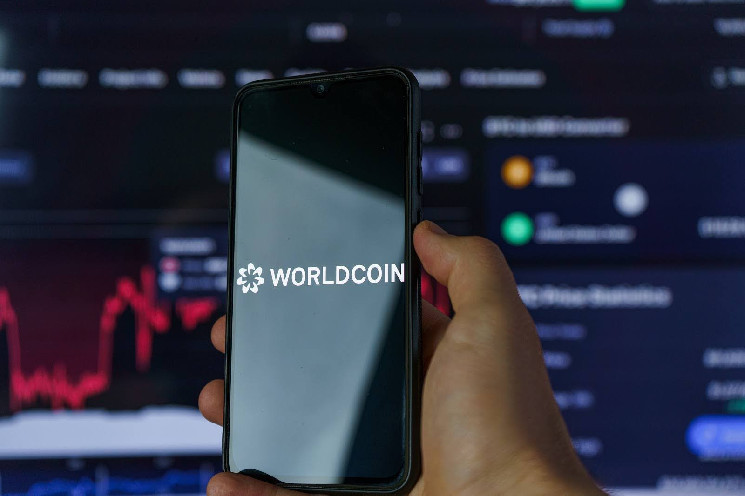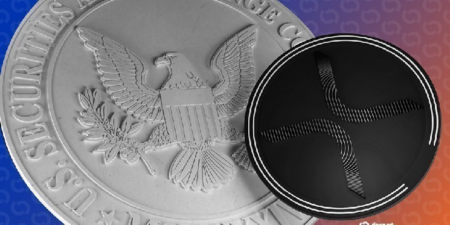The Dominican Republic has suspended Worldcoin’s operations, citing concerns over “abusive clauses” in the company’s contracts and rising questions about the legality and transparency of its biometric data collection practices.
This move reflects growing scrutiny of data privacy issues and consumer protection in the digital space, especially as Worldcoin’s practices are under investigation for failing to meet local legal standards.
The National Institute for the Protection of Consumer Rights (Pro Consumidor) announced that the suspension would remain in effect until a full investigation is completed.
The inquiry will examine Worldcoin’s business practices, including the legitimacy of its contracts and its approach to handling sensitive consumer data.
Concerns over contract transparency and data privacy
The Dominican government’s actions underscore the increasing focus on consumer rights, particularly regarding digital services that collect biometric data.
According to Pro Consumidor, Worldcoin’s contracts do not comply with the General Law for the Protection of Consumers and Users.
The contracts lack crucial information, such as the purpose of the agreement, details about the service provider, and the registered address of the company in the country—all of which are mandated by local law to ensure transparency.
Dr. Eddy Alcántara, executive director of Pro Consumidor, confirmed that the company’s practices violated Law 358-05, which is designed to protect consumers in the Dominican Republic.
The absence of clear contractual information, combined with concerns over how personal data is handled, has fueled further public and governmental concern.
Lack of accountability and consumer relations issues
Adding to the controversy, Pro Consumidor highlighted Worldcoin’s failure to provide a registered address in the Dominican Republic.
This omission complicates the process for consumers to lodge complaints or seek information about the company’s practices, undermining consumer trust and transparency.
Worldcoin, which has registered nearly 7,478 users who voluntarily submitted biometric data by having their irises scanned, faces heightened scrutiny over how it manages this sensitive information.
The firm’s lack of a physical office in the country has raised red flags about its commitment to local regulations and consumer protection.
What’s next for Worldcoin?
The suspension of Worldcoin’s activities in the Dominican Republic signals a tightening of regulations surrounding biometric data collection and digital services.
With consumer rights and data privacy becoming key concerns, the incident may prompt stricter legislation for tech companies operating in the region.
Experts warn that unclear or ambiguous data collection procedures could erode public trust in the tech sector, especially as digital services become more integrated into daily life.
As the investigation into Worldcoin’s practices continues, regulators worldwide are likely to increase their focus on how businesses handle personal data, particularly in the fast-evolving fields of biometric technology and digital identity services.
The post Dominican Republic halts Worldcoin operations amid biometric data concerns appeared first on Invezz
Read the full article here









